Deep within the heart of Lucknow, in the village of Ahimamau, lies a little-known but deeply cherished tradition that has endured for over two centuries. Known as Hapa, this form of women's kushti (wrestling) is a practice that empowers women, binding them in strength, resilience, and community.
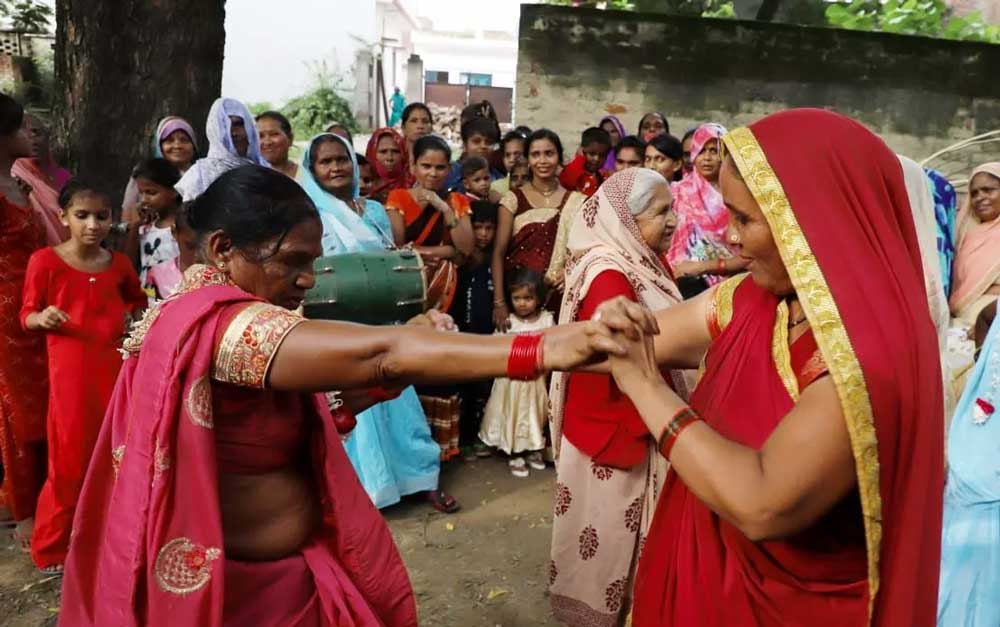
In an age where many traditional practices are fading into obscurity, the women of Ahimamau village remain steadfast in their commitment to Hapa. This 200-year-old tradition is a relic of the past and a living, breathing testament to the strength and resilience of the village's women. Through Hapa, these women have carved out a space to celebrate their heritage, assert their independence, and empower one another. Their dedication ensures that this unique practice will continue to thrive, inspiring future generations to embrace the power of unity and strength.
The Origins of Hapa: How and Why It Started
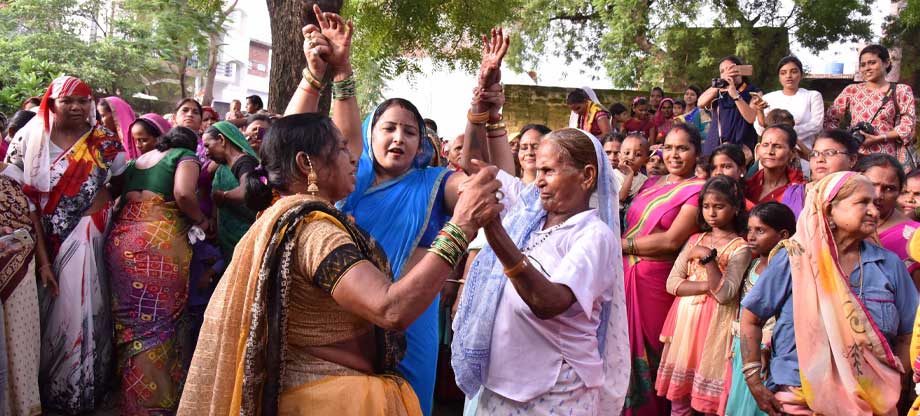
The origins of Hapa trace back to the early 19th century, during a time when India was under colonial rule, and societal structures were in flux. Ahimamau village, like many rural areas, faced challenges of security and self-sufficiency. Women, traditionally tasked with the care and protection of the family, began training in kushti as a means of physical empowerment. This practice was also a subtle rebellion against the limitations placed on women, as it gave them a space to build physical strength and assert their independence.
Unlike many other wrestling traditions that were exclusively male, Hapa became an avenue where women could gather, share knowledge, and develop a sense of agency that was rare in those times. The tradition was passed down from mother to daughter, ensuring its continuity across generations.
Who Participates in Hapa?
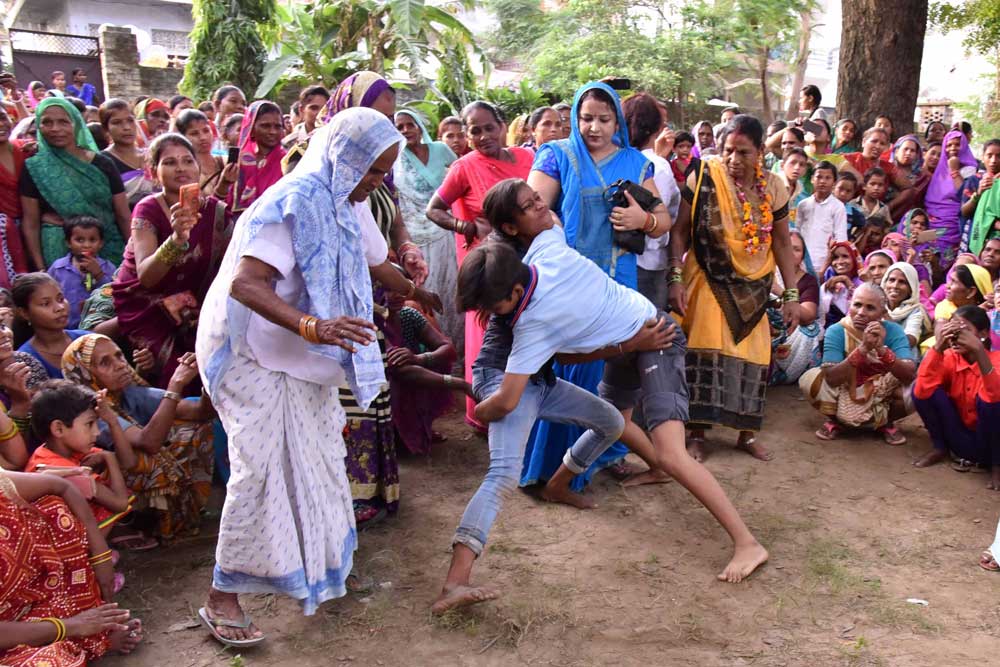
Participation in Hapa is open to all women in the village, with no age restrictions. From young girls eager to prove their mettle to elderly women who have spent decades in the wrestling pit, the tradition is inclusive and communal.
These women are not professional athletes; they are mothers, daughters, wives, and grandmothers who take time out of their daily routines to engage in this physically demanding activity. Their involvement in Hapa is not merely for sport but to reinforce their roles as protectors and pillars of their families and community.
Training typically takes place in the early morning hours. Women gather in the akhara (wrestling ground), which is often a simple mud pit. Here, they engage in rigorous training that includes sparring, strength exercises, and techniques passed down through generations. The atmosphere is one of mutual encouragement, where seasoned wrestlers mentor younger participants, ensuring that their knowledge and skills continue to flourish.
The Empowerment of Women Through Hapa
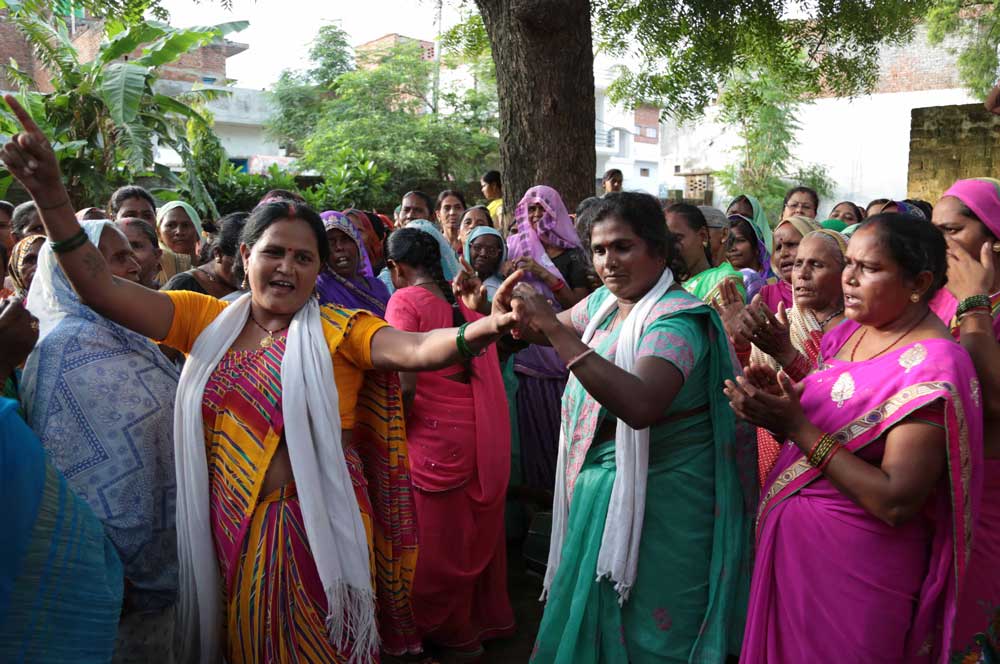
For the women of Ahimamau, Hapa is more than just a traditional practice; it is a powerful tool of empowerment. In a society where women’s roles are often confined to domestic responsibilities, Hapa provides a rare opportunity to break free from these limitations. The physical strength and confidence gained in the wrestling pit translate into a stronger presence in other areas of life.
The women who participate in Hapa challenge societal expectations, proving that femininity and strength are not mutually exclusive. They learn to hold their ground, both literally in the wrestling pit and figuratively in their personal lives. This empowerment extends to decision-making within their households and community, where they are often looked upon as leaders and role models.
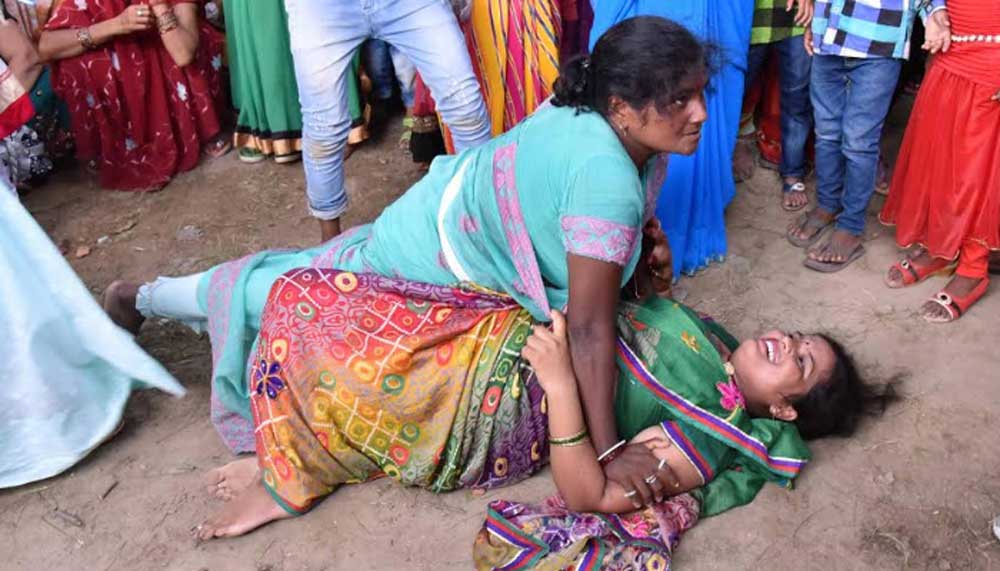
Moreover, Hapa fosters a deep sense of camaraderie and sisterhood among the women. The bonds formed in the akhara are unbreakable, built on mutual respect and shared experiences. This solidarity is crucial, as it provides a support system that empowers them to face the challenges of daily life with confidence.
The practice of Hapa also garners respect from the men in the village, who recognise the strength and resilience of the women. In some cases, men even take on the role of coaches, helping to train the women and encouraging them to continue the tradition. This mutual respect helps to break down gender barriers, promoting a more equitable society.
Her Circle does not own any rights to the images. Image source: @newstrack.com